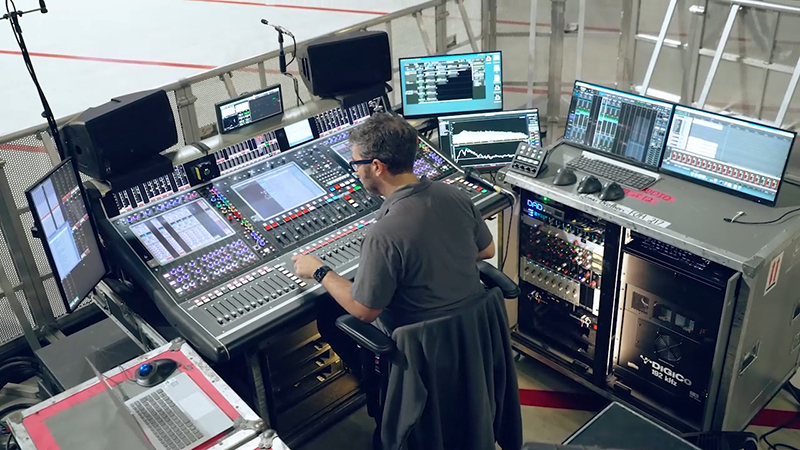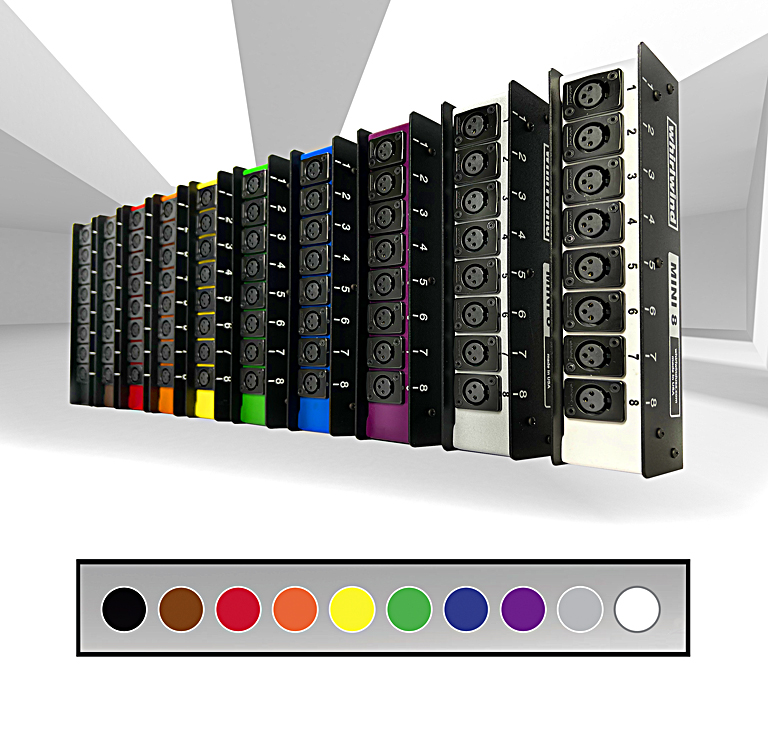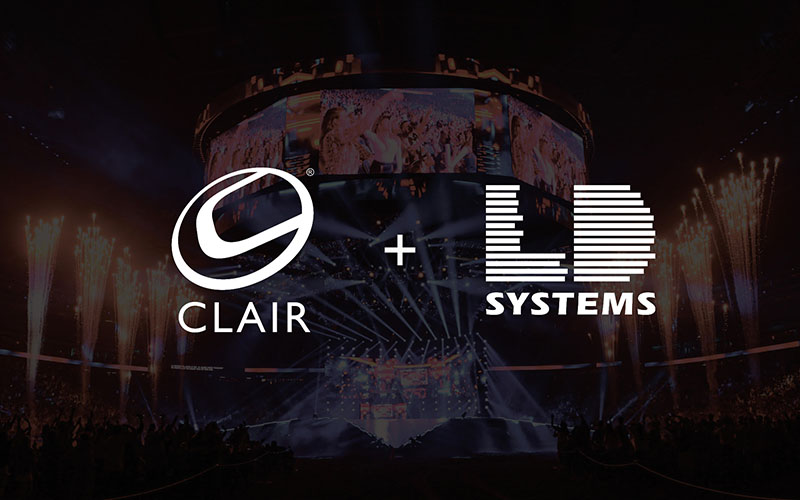
ORLANDO – Award-winning film composer Hans Zimmer brought his popular tour, Hans Zimmer Live, to North America this fall with arena dates across the U.S. and Canada, supported by LMG Touring. Audiences joined him on a journey through an array of movie scores from the multiple Academy Award- and Grammy-winner’s career, including Gladiator, Pirates of the Caribbean, The Dark Knight, Interstellar, The Lion King, The Last Samurai, and Dune.
More details from Fourier Audio (www.fourieraudio.com):

“I’m thrilled to return to perform in North America with my wonderful band and excited to share this phenomenal show,” Zimmer said on his tour’s website. “Ultimately, the music connects us all, and I promise you this: we will always play our best, straight from the heart.”
Helping Zimmer and company make that artistic connection was the sound of the performance, which approached studio quality. That’s because the tour’s L-Acoustics K1 PA system benefited from studio-level processing, thanks to the integration of Fourier Audio’s transform.engine, a Dante-connected server designed to run VST3-native software plugins in a live environment, bringing premium studio software to live sound applications. “The transform.engine gives you the flexibility to use any plugin you like,” says Colin Pink, the front-of-house engineer and system designer on the tour. “In the past, with plugin servers, you’ve been fairly limited by brand, and that’s why this is such a game changer, because you can use pretty much any VST3 plugin you want and get full functionality from each, with virtually no latency.” In fact, the tour utilized two transform.engines: one as the primary, and one paired with the redundant B engine on Pink’s DiGiCo Quantum7T FOH console.
On the trek, Pink used TC Electronic M6000 reverb and mastering plugins, and the transform.engine allowed him to utilize them to their maximum capabilities. “A lot of engineers put a mastering chain on their master bus before it goes out,” he explains. “I tend to treat these symphonic shows very differently because you’ve got a band, percussion, an orchestra, and playback, and they all have very different dynamic ranges. I have four separate mastering buses to try and match the dynamics of each of those sections, so that you get a cohesive whole. If you just put it through one, you tend to over-squash the drums or don’t bring up enough low-level detail in the orchestra. By keeping it separate, it gives you a lot more flexibility to match the dynamics of each section. And it’s more important on a kind of hybrid orchestral-band show than if you’re just sticking to one genre. Having multiple plugins on the transform.engine means I can access every aspect of these processors at any time. I don’t have to concern myself about bandwidth. That’s a huge advantage.”
“Also, if you were in a studio, you’d never put a microphone closer than four feet from a violin,” he continues, “Live, you need a lot more control, and you want to reduce the spill as much as possible, so you close-mic everything and use clip-on mics. The problem when you do that is that you are increasing the dynamic range of that instrument disproportionately to what your ears expect an orchestra to sound like. So I use the FabFilter Pro-Q 3 plugins quite a lot to calm down the dynamic range, and the transform.engines are great because they’ve got enough processing headroom to allow you to use quite a lot of processing without running out of steam. Overall, it’s brilliant to have dual power supplies, along with main and redundant Dante networks. They’ve obviously thought long and hard about the reliability and flexibility to make a product that not only works in the showroom, but works out in the field.”

Pink has just begun using Fourier Audio’s new Cuelists feature, part of transform.engine’s v.1.2 software update. He added it towards the end of the North American tour, but instantly saw some of its benefits. “Cuelists is a wonderful feature,” he agrees. “It allows you great flexibility because you can seamlessly change the parameters of your plugins, either manually or automatically, which means you don’t have to think about it during the show, freeing up your time to do the important job of mixing. For that reason alone, I’d say that Fourier Audio has an amazing product here.”
For more details on Hans Zimmer Live, visit www.hanszimmerlive.com. LMG Touring can be found online at www.lmgtouring.net.



